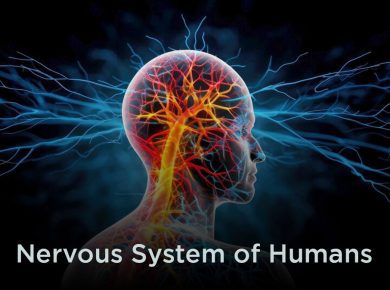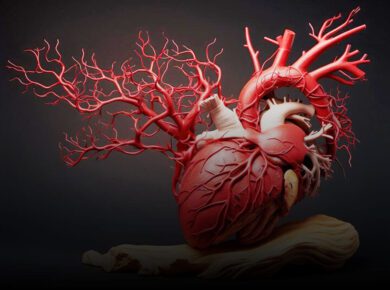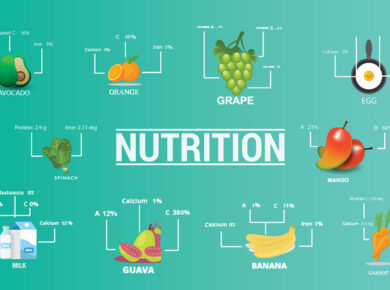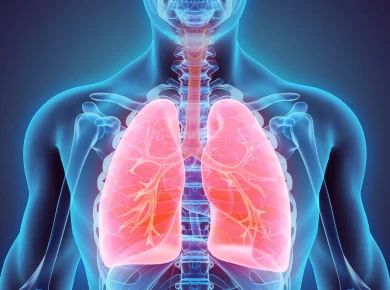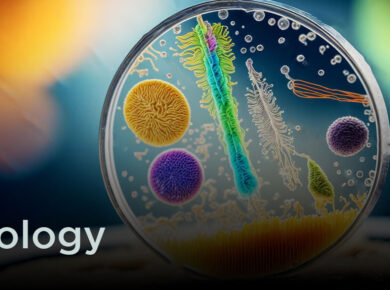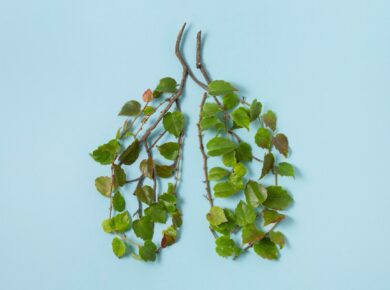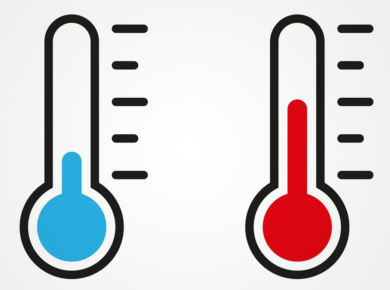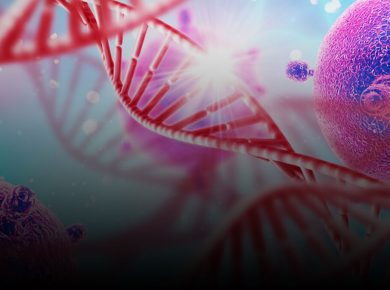Branches of Biology
These are the main branches of biology:
- Aerobiology – The study of airborne organic particles
- Agriculture – The study of producing crops from the land, with an emphasis on practical applications
- Anatomy – The study of form and function, in plants, animals and other organisms or specifically in humans
- Arachnology – The study of arachnids
- Astrobiology – The study of evolution, distribution and future of life in the universe also known as exobiology, exopaleontology and bioastronomy
- Biochemistry – The study of the chemical reactions required for life to exist and functions, usually a focus on the cellular level
- Bio engineering -the study of biology through the means of engineering with an emphasis on applied knowledge and especially related to biotechnology
- Bio geography – The study of the distribution of species spatially and temporally
- Bio informatics – the use of information technology for the study, collection and storage of genomic and other biological data
- Bio mathematics or Mathematical Biology – the quantitative or mathematical study of biological processes with an emphasis on modeling
- Bio mechanics – often considered a branch of medicine, the study of the mechanics of living beings with an emphasis on applied use through prosthetics or orthotics
- Bio medical research – the study of the human body in health and disease
- Bio physics – the study of biological processes through physics by applying the theories and methods traditionally used in the physical science
- Bio technology – a new and sometimes controversial branch of biology that studies the manipulation of living matter including genetic modification and synthetic biology
- Building biology – The study of the indoor living environment
- Botany – The study of plants
- Cell biology – the study of the cell as a complete unit and the molecular and chemical interactions that occur within a living cell
- Conservation Biology – the study of the preservation, protection or restoration of the natural environment, natural ecosystems, vegetation and wildlife.
- Cryobiology – the study of the effects of lower than normally preferred temperatures on living beings.
- Developmental biology – the study of the processes through which an organism forms, from zygote to full structure
- Ecology – the study of the interactions of living organisms with one another and with the non-living elements of their environment
- Embryology – the study of the development of embryo (from fecundation to birth).
- Entomology – the study of insects
- Environmental Biology – the study of the natural world, as a whole or in a particular area, especially as affected by human activity
- Epidemiology – a major component of public health research, studying factors affecting the health of populations
- Ethology – the study of animal behavior
- Evolutionary Biology – the study of the origin and descent of species over time
- Genetics – the study of genes and heredity
- Herpetology – the study of reptiles and amphibians
- Histology – the study of cells and tissues a microscopic branch of anatomy
- Ichthyology – the study of fish
- Integrative biology – the study of whole organisms
- Limnology – the study of inland waters
- Mammalogy – the study of mammals
- Marine Biology – the study of ocean ecosystems, plants, animals and other living beings
- Microbiology – The study of microscopic organisms (micro organisms) and their interactions with other living things
- Molecular Biology – the study of biology and biological functions at the molecular level, some cross over with biochemistry
- Mycology – the study of fungi
- Neurobiology – The study of the nervous system, including anatomy, physiology and pathology
- Oceanography – the study of the ocean, including ocean life, environment, geography, weather and other aspects influencing the ocean
- Oncology – the study of cancer processes, including virus or mutation oncogenesis, angiogenesis and tissies remoldings
- Ornithology – the study of birds
- Population biology – the study of groups of conspecific organisms including
- Population ecology – the study of how population dynamics and extinction
- Population genetics – the study of changes in gene frequencies in population of organisms
- Paleontology – the study of fossils and sometimes geographic evidence of prehistoric life
- Pathobiology or pathology – the study of diseases and the causes, processes, nature and development of disease
- Parasitology – the study of parasites and aprasitism
- Pharmacology – the study and practical application of preparation, use and effects of drugs and synthetic medicines
- Physiology – the study of the functioning of living organisms and the organs and parts of living organisms
- Phytopathology – the study of plant disease (also called Plant Pathology)
- Psychobiology – the study of the biological bases of psychology
- Sociobiology – the study of the biological bases of sociology
- Structural biology – a brach of molecular biology, biochemistry and biophysics concerned with the molecular structure of biological macromolecules
- Virology – the study of viruses and some other virus – like agents
- Zoology – the study of animals, including classification, physiology, development and behavior (see also Entomology, Ethology, Herpetology, Ichthyology, Mammalogy and Ornithology).
